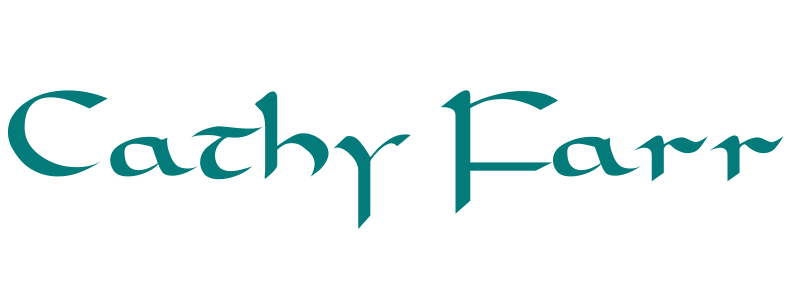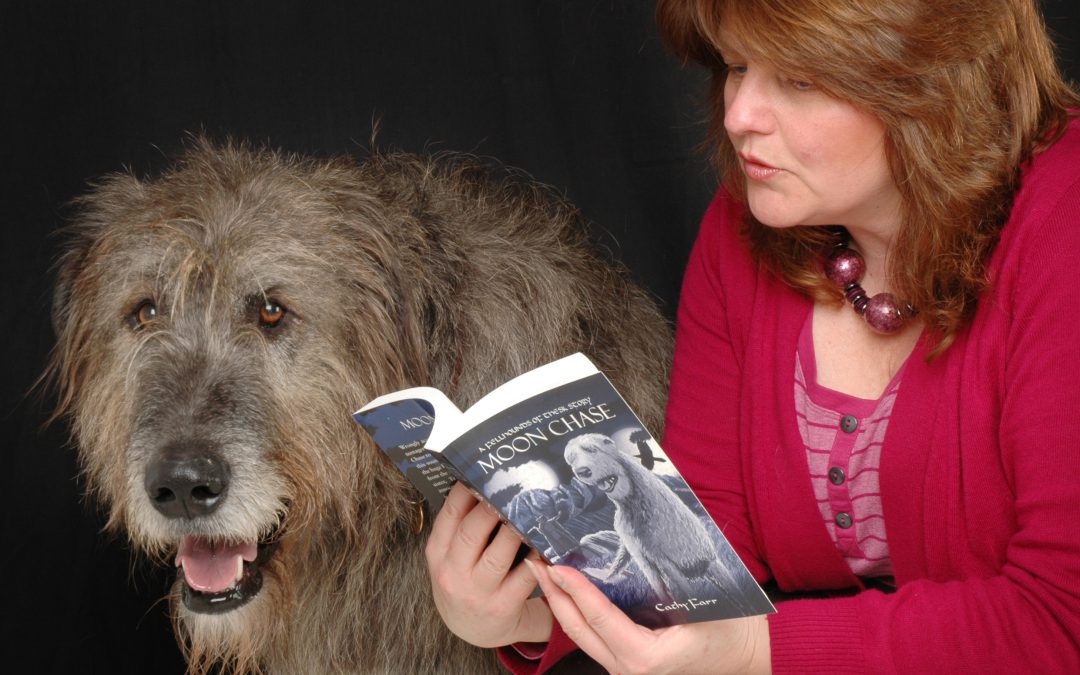As a writer, if someone says to me ‘I’m going to use your book to write my own book,’ my immediate reaction… and forgive me if you think I’m being precious here, but … my immediate reaction is generally negative and may end ‘ – off!’ For me copyright is absolutely sacrosanct; I bristle when people tell me how they have just downloaded the latest anything printed or recorded for free. I feel like yelling, ‘BUT THAT MEANS SOMEONE DIDN’T GET PAID!!’, although, generally, I don’t.
So when teacher, Steve Chapman, said those very words, I have to admit I took a sharp intake of breath; fortunately he followed with a class order for thirty copies of my novel Moon Chase (Bridge Reader version) and asked me to join him to deliver his innovative literacy programme, The WriteKey, at a junior school this year, so I stayed around to listen to what else he had to say….
In a nutshell, Steve explained, he has come up with a novel (if you’ll pardon the pun) way to get Key Stage 2 children writing creatively and in the process improving KS2 literacy; he uses published novels to help the children to write – they even write their own books…in the classroom! Steve has been trialling The WriteKey in his local primary school and has managed to raise literacy levels at least one grade across the whole class – indeed, indeed, many are now producing level six work on a regular basis. As a result, Wales’ schools inspectors, Estyn, have now rated his approach as ‘sector leading practice’, and the joint education service South Central Consortium are right behind him.
The idea is to improve overall literacy levels at KS2 using a published novel. The children read out loud in the classroom and on their own at home, before using the text to help guide their own creative writing. They then take sections of the story, say two paragraphs to start with, and re-write them using a different theme, characters, location, even a different time. The novel provides the basic structure and tone but the new ideas come from the children themselves. Last year Steve picked The Machine Gunners by Robert Westall (don’t worry Robert, hear me out first…), a novel he had enjoyed in his youth, but while it did the job it’s more of a boys’ book and is too high a reading level for weaker Year 5 and 6 readers. So when he came across the Bridge Reader version of my novel, Moon Chase, via the Head of that school, Steve’s interest was piqued.
What he liked about this book was that it has been specifically written for weaker or recovering readers and is geared for children with SEN requirements, with a page design that is great for dyslexic readers, too – it’s also been tried and tested and children love it because it’s a great story.
‘OK, OK,’ I hear you say. ‘But does it work?’
Well, see for yourself. This week, only Week 5, of delivering The WriteKey one afternoon a week over this current education year to a group of twenty-five Year 6s whose average literacy level is mid level 4, we’ve got them reading and writing.
So far, as well as simple writing exercises, we’ve had them reading the novel out-loud in class and have discovered a few budding actors along the way; intonation has dramatically improved and some of them are even doing voices now! About half the class are reading ahead and one young lady has already finished the book and written a very accurate two page summary – with hardly any spelling mistakes. But the biggest surprise came this week.
We took the first of a selection of pieces of text from Moon Chase and, adding some basic bullet points on the board for guidance, the children were asked to write their own piece, using my writing to provide the narrative framework. This is what we gave them…
Wil sat on the floor in his cell. He was cold, tired and hungry. He was also cross. He picked up tiny stones from the floor and threw them at the wall. Why didn’t anyone believe that he had been trying to help Seth? He thought about the dead bodies – so much blood …. errch!
Just to make sure he really wasn’t dreaming, Wil pinched his arm again. It still hurt and his fingers left a bright red mark on his skin. He was definitely awake.
He thought about his mother. It was late; she would be worried. Wil began to wish he’d listened to Garth and waited for the others.
A door at the end of the building creaked open. Silver moonlight lit up the dusty floor and a beautiful young woman with silver hair walked into the jail shutting the door quietly behind her.
Her footsteps made no noise as she walked towards Wil’s cell.
Now, I was highly sceptical, I have to admit, fully expecting direct copies of my words. But you know what? Once the chatter and the constant need for reassurance after every sentence had stopped we told them we wouldn’t read another word until they had finished. …and this is a sample of what they wrote, spelling and grammar verbatim, but don’t forget, these are Level ¾ children (in some cases, only just)….
James sat on the light green chair in the classroom. He was hot, tired and thirsty. James picked up two sharp pencils from the grey pot and threw them at the blue bricked wall. Why didn’t anyone believe that he had been trying to get his phone back? He thought about all of his friends texting him. So much text’s!
Just to make sure he really wasn’t dreaming, James pinched his arm for the forth time. It still killed and his finger nails left a bright red mark on his skin. James was definitely awake and alive. James thought about his farther. It was very late he would be worried. James began to wish he’d listened to Alan and waited until morning.
A gold door at the end of the corridor creaked open. A light lit up the dirty floor and a ugly old man with grey hair walked into the long and confusing corridor and shut the gold door quietly behind him.
His footsteps made a bit but no a lot of noise as he walked towards the maths room which was next to James. All he could hear was a rough sponge rubbing against a table. Louise, Year 6
–
Tom woke up, he had a pain in his arm, he pulled the tranquillizer out. Tom was cold, tired and thirsty. He also smelt. He picked up some toilet paper and wiped his forehead. What happened how did he get in the toilet – and it smelt…errch!
Just to make sure he wasn’t hallusunating he closed his eyes and opend them. Tom was still in the bathroom and it still smelt. It was definitely reality.
He thought about his wife. It was late; she would be scared. Tom started to realise he’d never should of went out and stayed home.
Tom stood up he walked out of the bathroom and turned around. He was in the woman’s toilet! Tom could see someone locking the door. She had longe blonde hair and her keys made a clinging noise. She turned the tap off.
Her voice made no noise, she sand as she walked towards the bathroom. All Tom could here was her loud footsteps going up each stair as she jogged. Eilir, Year 6
And finally, this is from one of our weaker dyslexic pupils – the most he’s written by about one and a half paragraphs! (It’s also one of my personal favourites – I love the ending):
Joey wocke up and fleat clod and hungry. Then he sat up and picked the gravall out of his hier and cheack. Joey got uo of the flour and walked aroud the arener he thout about the other runners and who won then. He hears the sound of a gun shot he realises… [the race hasn’t started yet].
Joey ran as fast as he could he ran threw the crowed and sercruty he got to the start. Then a blond hered woman came over to Joey and whispered in his ear Good luck. He felt like the king with wind blowing threw his hier.Ethan, Year 6
We had sixteen children in that class this week and every single one tried. Some wrote more than others but they all wrote more than they’ve written so far. Paragraphs are starting to appear, along with the odd capital letter and full stop. But best of all, they are flexing the wings of their imagination…editing comes later. Our aim this year is to get them up to level five – I can’t wait to get back after half term!

